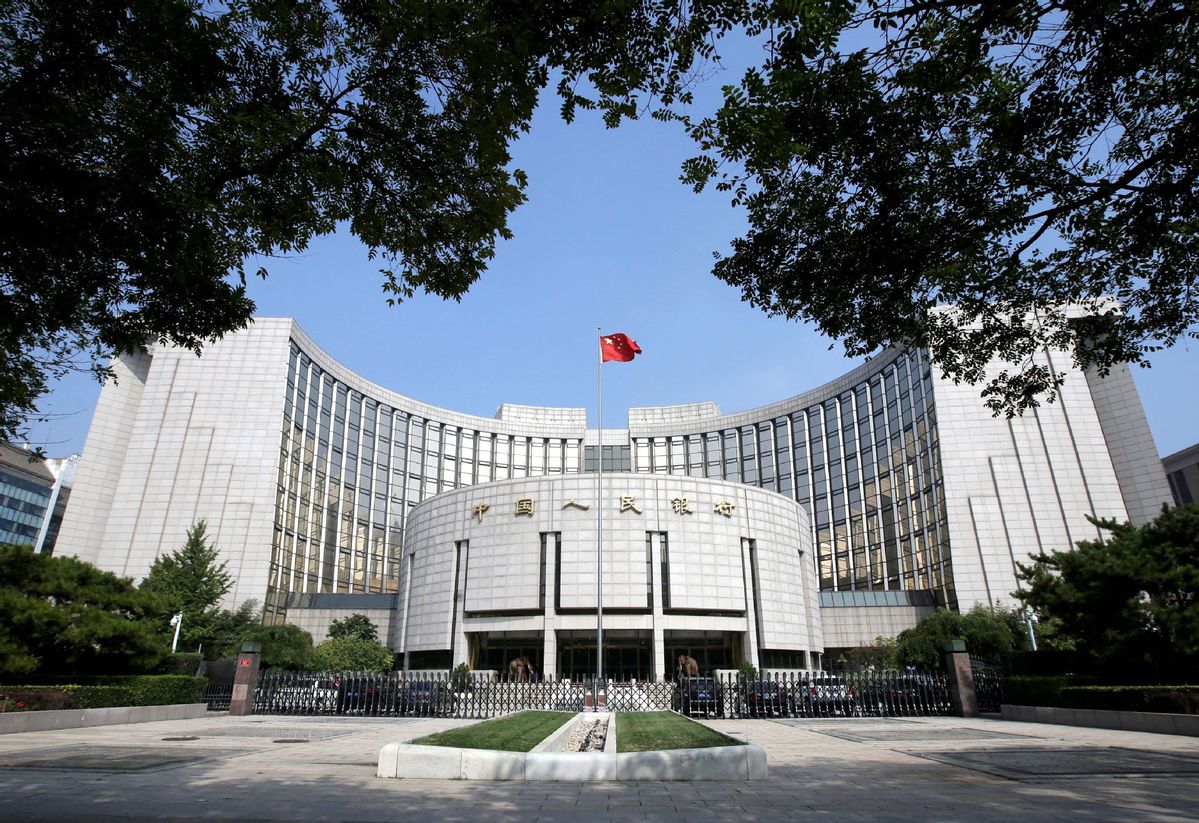Coordination on financial risks serves common interests


The People's Bank of China, China's central bank, and the US Treasury have exchanged letters in support of coordination and appropriate information sharing during times of financial stress, according to the readout of the fifth meeting of the China-US financial working group held in Shanghai from Thursday to Friday. The two sides also exchanged key points of contact to make it easier to quickly coordinate in instances of financial stress or at times when there are operational resilience issues.
That means the two sides have more means to avoid misunderstandings through timely exchanges in their joint response to common financial challenges. In the meeting, the two sides also communicated extensively on the global economic and financial situation and coordination in monetary policymaking, financial stability and supervision, bilateral capital market cooperation, management of cross-border data flows, and International Monetary Fund reform as well as the anti-money laundering legal system, the filing and registration of beneficial owner information, and anti-money laundering supervision of specific nonfinancial institutions.
All these topics and the fruits of the meeting are of urgent relevance against the backdrop of the spillover effects of the US Federal Reserve's high interest rates, which it will reportedly cut next month, and the snowballing US national debt. At present, the US debt has exceeded $35 trillion, accounting for more than 124 percent of its gross domestic product, putting the federal debt on an unsustainable long-term trajectory.
Notably, some representatives of financial institutions of the two countries participated in a roundtable to exchange views on a range of topics related to climate financing, including transition planning and carbon markets.
China and the US have already laid a sound basis for cooperation in those areas. They jointly lead the G20 sustainable finance work to promote global green and low-carbon transformation on international multilateral platforms.
Shanghai hosted the meeting for the first time — previously it was held in Beijing and Washington — enabling the US side to gain firsthand knowledge on the financial center of China, the construction of which is a priority of the country's financial development. That is also conducive to them gaining a deeper understanding of the latest reform and opening-up policy portfolio in the financial work that China has unveiled after a key reform-focused session of the top decision-makers of the country in July.
































